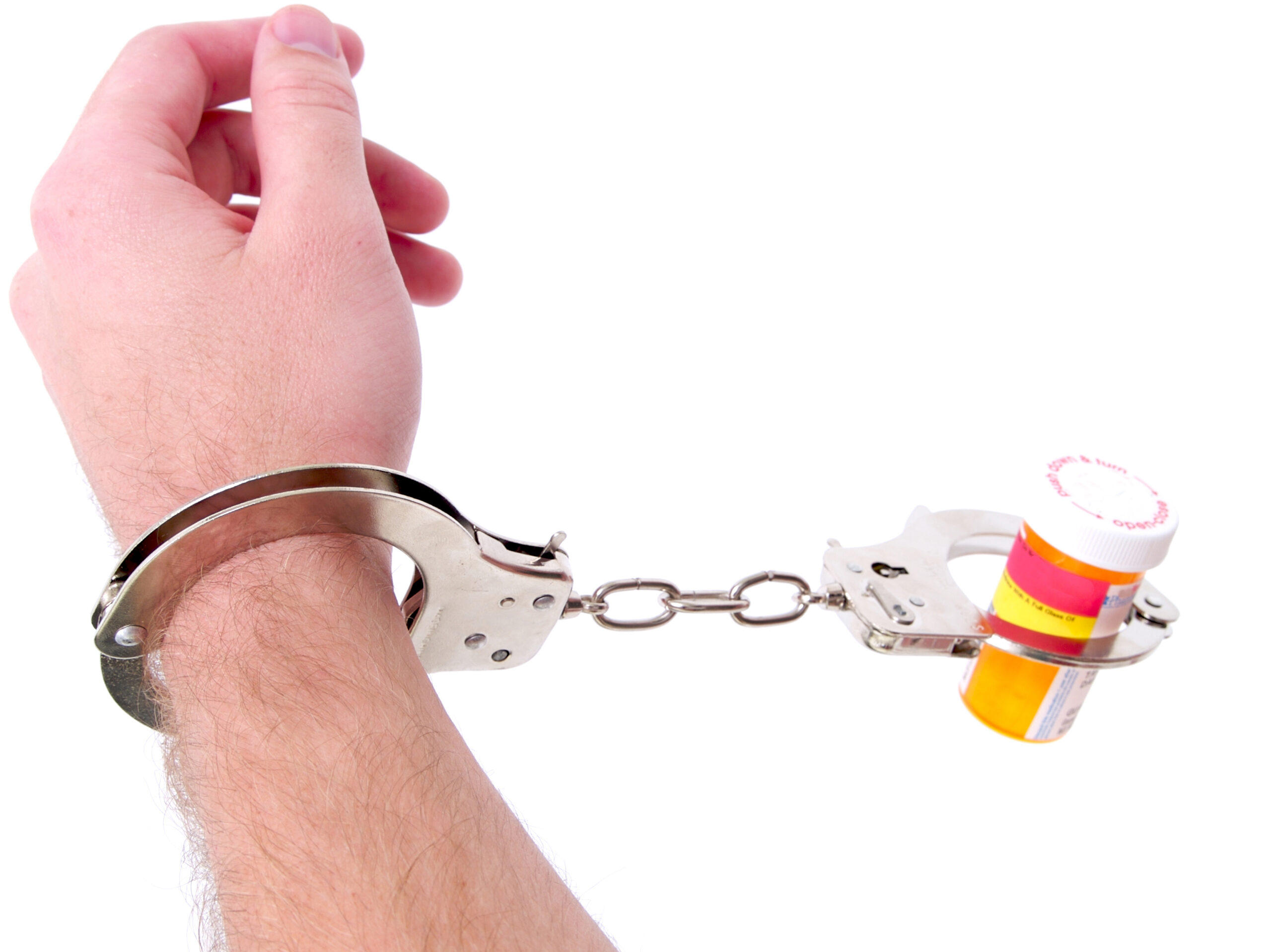Opioids are drugs that help relieve pain. But once you’re addicted, you need opiate treatment. These drugs range from the illegal (heroin) to the synthetic (fentanyl) to prescription pain relievers (oxycodone, codeine and morphine).
Opioid addiction treatment requires a cohesive program, which you’ll find at the best drug rehabilitation centers in Europe. Opiate addiction treatment requires discontinuing the drug in a process called detoxification and receiving continued treatment at one of the opiate addiction treatment centers. Pairing medication with counseling and support programs gives you the best chance of success. Opiate treatment includes:
- Managing your withdrawal symptoms
- Professional support to help you change your behavior, determine the root of your addiction, make lifestyle changes and solve problems in a healthy manner
- Medications to regulate your brain and bodily functions, since opioid withdrawal symptoms can be severe and uncomfortable
- Mental health professionals to evaluate and stabilize your medications during your detox and opiate treatment periods
- A psychiatrist to treat co-occurring mental health problems
- A physician to prevent, diagnose and treat any diseases associated with your opioid addiction
The Common Symptoms Associated with Opioid Addiction
A clear sign of opioid addiction is not being able to stop, even when you recognize you have a problem. In fact, instead of stopping, some addicts increase the dosage, which can lead to a potential overdose. Other symptoms of opioid addiction include:
- Abandoning work, school, and other important responsibilities
- Experiencing anxiety attacks and shallow or slow breathing
- Increased nausea and vomiting
- Experiencing depression, low motivation and mood swings
- Having moments of unexplained euphoria
- Sleeping significantly more or less than usual
An overdose requires emergency medical care and treatment for opiate addiction. If someone you know is overdosing, call 911 immediately. In some countries, a prescription nasal spray called Narcan is available to prevent an opioid overdose. Symptoms of an overdose include:
- Loss of consciousness
- Constricted pupils
- Slow, erratic pulse or no pulse
- Slow, irregular breathing or no breathing
- Vomiting
- Unresponsiveness
The symptoms of addiction can last for years, even after receiving opioid addiction treatment. A top drug rehab clinic approaches opioid addiction treatment, recovery and withdrawal by targeting the common side effects. Immediately after entering one of the best drug rehab centers in Europe, you receive treatment for early and late opioid withdrawal symptoms that include:
- Agitation
- Exhaustion
- Sweats
- Heart palpitations
- Hypertension
- Fever and chills
- Nausea and vomiting
- Diarrhea
- Stomach pains
- Depression
- Drug cravings
The Role of the Best International Rehab
How long you’ve used the drug determines how long you experience the physical withdrawals, even at one of the many opiate addiction treatment centers. Once those symptoms pass, which typically take five to seven days, the best drug detox abroad helps you begin the important work for your long-term recovery.
Effective medications such as buprenorphine, methadone, and extended-release naltrexone help with opioid withdrawal. These medications are prescribed along with behavioral counseling as part of a “whole patient” approach to opioid addiction treatment. Pregnant women addicted to opioids have found success with buprenorphine or methadone, which improves the quality of life for their unborn babies.
Treatment for Opiate Addiction
You’ll receive opiate treatment that helps you work toward the following goals:
- During this stage of opiate addiction treatment, you stop taking the drug and work with a physician to manage the withdrawal symptoms. You then discuss whether alcohol or other drugs played a role in your opioid addiction. You receive counseling and medical treatment to improve your overall health and well-being.
- Once the drug is purged from your body, you work alongside your doctor to adjust your medication, if necessary, during your treatment for opiate addiction. You learn how to recognize and avoid triggers, how to avoid relapse and how to replace unhealthy behaviors with healthy ones. You look at how to improve or repair your relationships with your friends and family. You also join a support group.
- Live a drug-free life. You must practice your new habits and behaviors after leaving one of the best opiate addiction treatment centers like Phoenix Rehabilitation Center in Israel. You develop a stronger relationship with your friends, family and support groups. You continue to seek counseling, if needed.
Past Opioid Addiction Treatment
When you attend a drug rehab with the highest success rate, you find yourself more at peace because you’re away from your unhealthy support system. You learn new habits and behaviors that you can bring back home with you. You can also enjoy the peace and serenity that comes from one of the best drug rehab overseas. No one knows about your opiate addiction treatment except you, your counselor and your physician; confidentiality is also closely held.
Seek the peace you wanted at one of top opiate addiction treatment centers. You can finally free yourself from the devastating effects of drug addiction. A long-term approach makes for the best opiate treatment. Detox, followed by counseling, psychiatric therapy and support groups help you stop abusing drugs and maintain a clean lifestyle.
As a former addict, you should meet with other addicts in recovery. It inspires them to see that a way through opioid addiction treatment is possible. Realizing that you have overcome addiction allows them to change their lives for the better, reconnect with their families and seek other ways to continue life without an opiate addiction. And that in turn, spurs you on to continue to live drug-free.

